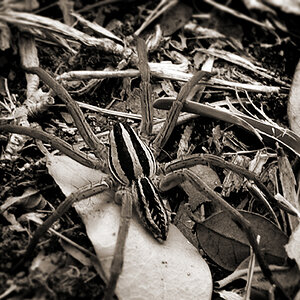Hertz van Rental
We're supposed to post photos?
I always try to frame it in the camera - but I'm a purist. Minimum darkroom intervention is my motto so I do not crop. But it doesn't mean I think no-one should. You do what works for you - if we all worked in the same way it would be boring.
Besides, on 35mm at least, the viewfinder usually only shows you 90-95% of what you will get on the neg so some cropping is inevitable.
I prefer to call it 're-framing' - I don't feel guilty then.
Besides, on 35mm at least, the viewfinder usually only shows you 90-95% of what you will get on the neg so some cropping is inevitable.
I prefer to call it 're-framing' - I don't feel guilty then.


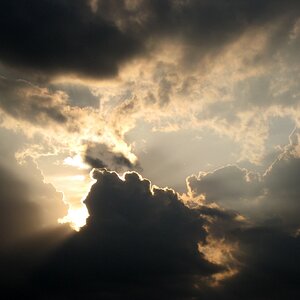
![[No title]](/data/xfmg/thumbnail/41/41818-fb8293ceb208cab396fce9a587bbe37b.jpg?1619739903)
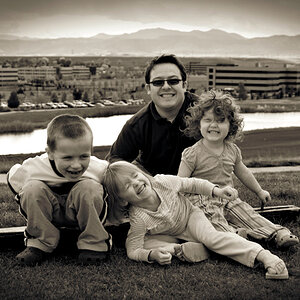
![[No title]](/data/xfmg/thumbnail/32/32638-22cfef06fc91cb3aee39b7b55c36198d.jpg?1619735555)
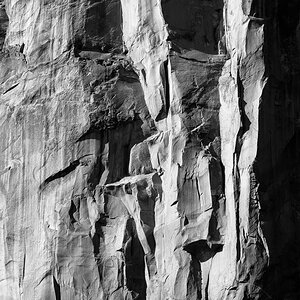
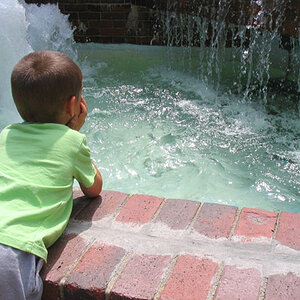
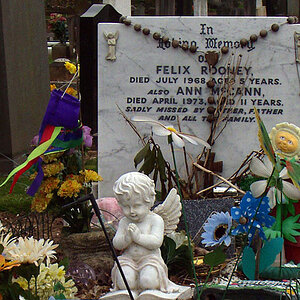
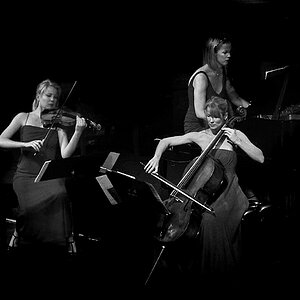
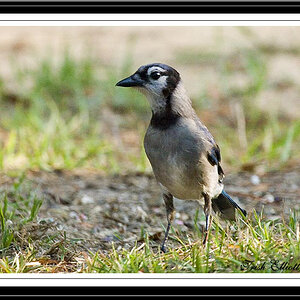

![[No title]](/data/xfmg/thumbnail/41/41819-f9479f2ecfaf8e9491a13a92e02e640a.jpg?1619739903)
